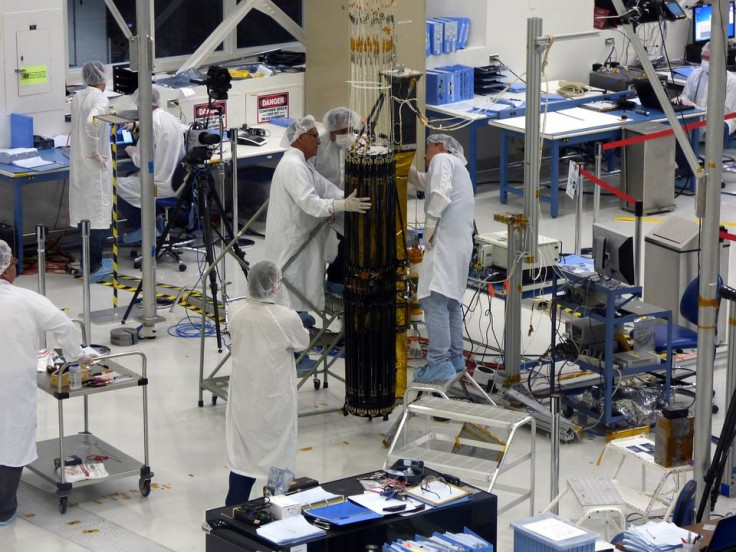
As federal funding for science in the U.S. faces deep cuts under the Trump administration, countries around the world have launched a quiet campaign to scoop up the talent left behind. Foreign universities and governments are now actively recruiting American scientists—many of whom have seen their grants revoked, positions frozen, or entire research programs vanish overnight.
According to the Associated Press, the funding rollback has already cost thousands of researchers their jobs or opportunities. Programs like Canada Leads, France's Safe Place for Science, and Australia's Global Talent Attraction Program are stepping into that void, offering not just competitive salaries and lab support, but something many researchers now say feels harder to come by in the U.S.: freedom to do their work without political interference.
"In response to what is happening in the U.S., we see an unparalleled opportunity to attract some of the smartest minds here," Anna-Maria Arabia, head of the Australian Academy of Sciences, told the Associated Press.
That sentiment is being echoed across the Atlantic. In France, Aix-Marseille University launched the "Safe Place for Science" program–nearly half of the applicants are U.S.-based scientists.
Since World War II, the U.S. has been the world's leading engine of scientific innovation, driven largely by public investment. But that dominance is starting to wobble. The Trump administration has proposed massive cuts to top research institutions, including the National Science Foundation, in a stated effort to eliminate "waste and inefficiency." Several of these institutions have responded with hiring freezes, layoffs, and canceled graduate programs.
Some researchers, like Brandon Coventry, a neural implant specialist at the University of Wisconsin-Madison, are considering moving abroad for the first time. "I've never wanted to necessarily leave the United States, but this is a serious contender for me," he told the AP.
Others, like Marianna Zhang, are still grappling with what leaving would mean. Her NSF grant was canceled while she was studying childhood bias formation at NYU. "It felt like America as a country was no longer interested in studying questions like mine," she said. "It's no easy solution, just fleeing and escaping to another country."
According to the AP, recruiters abroad are already seeing the shift. The Lise Meitner Excellence Program in Germany saw triple the number of U.S.-based applicants compared to last year. U.K.-based talent firm WittKieffer reported a 25–35% jump in American scientists reaching out to inquire about roles abroad.
While the U.S. remains the single largest funder of global research and development, experts worry that funding freezes could stall scientific advancements worldwide.
© 2025 Latin Times. All rights reserved. Do not reproduce without permission.






